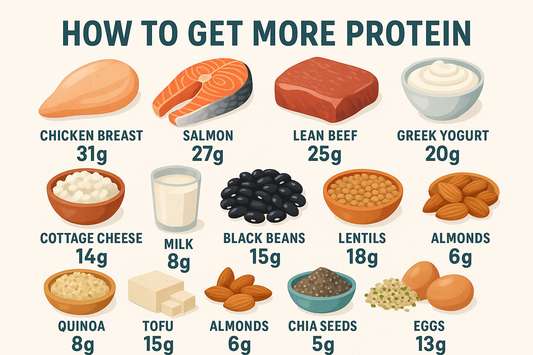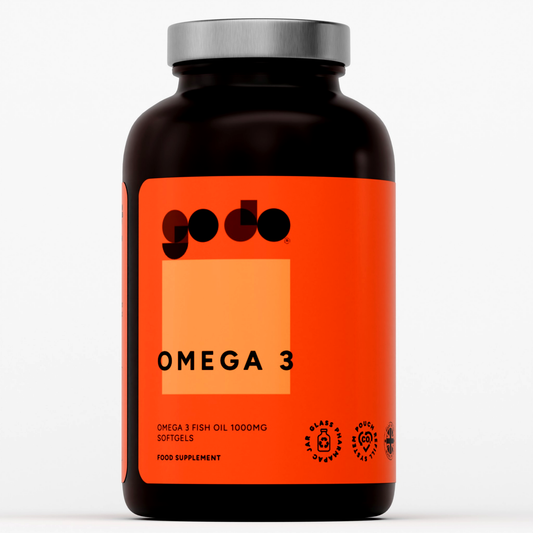The Truth regarding ‘Toning’

Lots of people have an apparently humble goal of ‘toning up’ when they start to exercise. Strength training is really the best way to realise this. Let’s actually identify what tone is. Fundamentally, people are visualising it as being able to jab their pectorals or their abdominals and that the muscles are going to be pronounced and hard, not doughy. This specific marvel, changing the feel of muscle is a function of how much baseline electrical activity is transpiring in the muscles at rest. Physiologically, this is termed ‘muscle tonus’. This can be exemplified with someone who has suffered a stroke. When that individual loses part of their neural bed what precisely occurs? The muscles in the affected area starts to sag. It no longer collects input at rest and the muscle is no longer upholding a standard of tension. The same thing, albeit to a lesser degree, happens when we get out of shape. The quantity of baseline electrical activity decreases and the muscles become limper. When one exercises with weights, particularly heavier ones, the muscles being used are being conditioned to yield remarkable amounts of electrical activity. The baseline amount fashioned at rest increases and baseline muscle tension is enhanced as an adaptation, thereby creating the desired ‘tone’. Endurance exercise does not yield a significant amount of ‘tone’ improvement as it does not yield the same large scale electrical impulses essential in weight training. An alternative notion of ‘tone’ used by the majority of people has really nothing to do with ‘tone’ at all as much as it has to do with fat.
Occasionally when someone states that they want to ‘tone up’, what they really mean is that he or she wants to lessen fat to a large enough degree so the muscle underneath is pronounced. Irrespective of the definition of intent, strength training serves as the best method to gaining ‘tone’.
Bibliography
Kilgore, Lon, and Michael Hartman. Fit. Iowa Park, Tex.: Killustrated Books, 2011.
Rippetoe, Mark, Lon Kilgore, and Glenn Pendlay. Practical programming for strength training. Wichita Falls, Tex.: Aasgaard Co., 2006.










